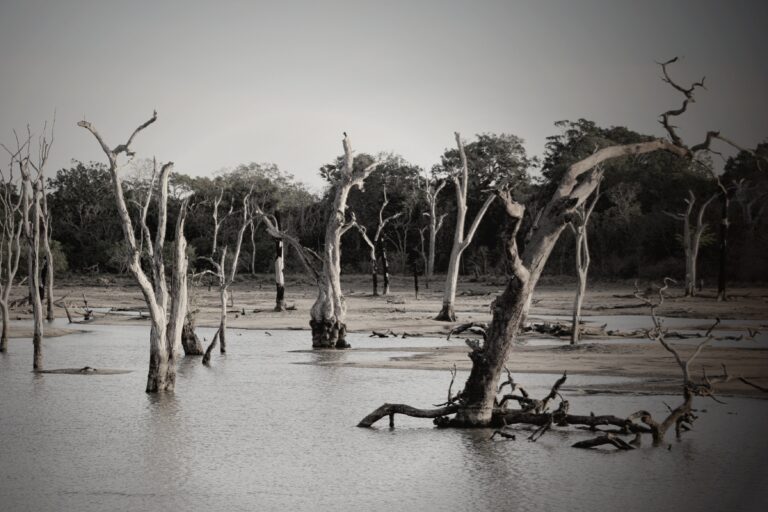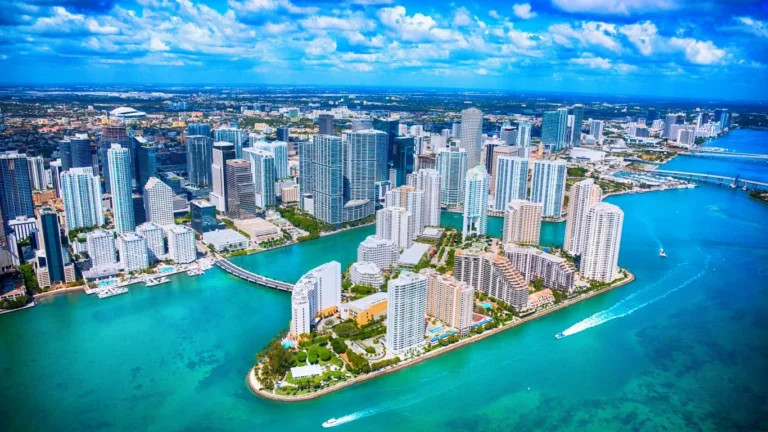Warning: Stay Away From Miami

Each year, organizations create lists of places worldwide where people should consider leaving because of climate change. Recommendations are also made for where these people could consider moving. Generally, the best destinations for those who need to relocate are areas with few, if any, storms, periods of drought, hurricanes, thunderstorms, and extreme heat.
A new study by Architectural Digest is titled “Most Climate-Resilient Cities (2024)”. This list is directed to homeowners and has been created to identify the cities where people are least likely to suffer property damage.
The maximum score any city can receive is 136 points. Denver took that first spot with 120 points because the city only had a “few droughts and tornados” in the last ten years.
Surprise, surprise. Three Florida cities were at the bottom of the list of 50. Miami finished last with a score of 63. Tampa was next to last, scoring 81, which tied it with Jacksonville, which scored the same. This is not the only time an analysis of places Americans should avoid has identified Florida as the most dangerous for property owners. The three cities also happen to be the largest in the state based on population.
The truth about where homeowners should consider owning property is that insurance companies are by far the greatest experts.
People who live in Florida or may want to move there likely do not need a guide to the state’s environmental dangers. Among the first signs is a financial one. Homeowner insurance in Florida is about four times the national average. The average per home is about $6,000 in Florida. The figure may be much higher for homes on the coasts near the Atlantic or Gulf.
For some homeowners, the insurance problem is so severe that they go without insurance, causing them to risk the entire value of their property. In other cases, the insurance prices are so high people have to sell their homes and leave. The Guardian reports that home insurance prices in Florida have been rising since Hurricane Andrew, a Category 5 storm that hit Florida in 1992
The media may be a good guide for where people should live as the world gets hotter. Insurance companies, with their armies of actuaries, know even better.






